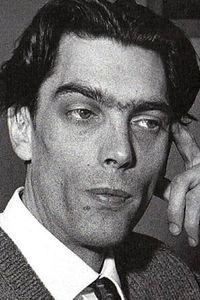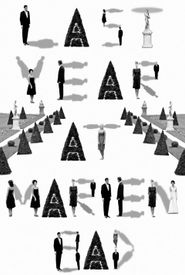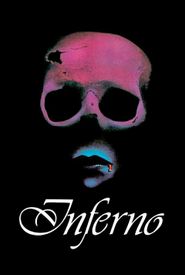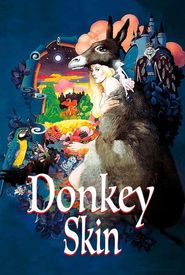Alexandre Pitoëff, professionally known as Sacha Pitoëff, was a French actor and stage director who was born on March 11, 1920, in the picturesque city of Geneva, Switzerland, to a family with a rich cultural heritage, as his parents, Ludmilla and Georges Pitoëff, were both Russian-born.
Sacha's parents, esteemed thespians in France, held significant influence within the theatrical community, being esteemed members of the Cartel des Quatre, a collective endeavor focused on revitalizing the French theatre scene, with a profound impact on the country's cultural landscape.
Person Biography:
As a young individual, he followed his mother back to Switzerland during the tumultuous period of World War II, where he embarked on his earliest performances on the stage. Following the war's conclusion, he returned to the City of Light, Paris, and went on to assume the role of general manager at the esteemed Théâtre des Bouffes du Nord.
It was during this period that he made his directorial debut with a 1950 production of the classic Anton Chekhov play, Uncle Vanya. This inaugural venture as a director proved to be a resounding success, garnering both critical acclaim and commercial success.
Pitoëff's professional trajectory underwent a significant transformation during the 1960s, as he established himself as a prominent figure within the Parisian theatre scene, ultimately assuming the role of director for his own esteemed troupe.
As his artistic repertoire continued to expand and diversify, Pitoëff's company presented a wide range of productions, featuring the works of renowned playwrights such as Jean Genet, Eugène Ionesco, Hugo Claus, Robert Musil, Anna Langfus, and Anton Chekhov.
In a notable collaboration with the talented actress Romy Schneider, Pitoëff directed and staged several iconic productions at the prestigious Théâtre de l'Œuvre, including The Seagull, Uncle Vanya, and Three Sisters.
The renowned actor made his cinematic debut in the year 1952, commencing a storied career that would span over five decades, with an impressive repertoire of over 50 film credits to his name.
Pitoëff's extensive filmography showcases his versatility and range as an actor, as he took on roles of varying sizes and complexities in a diverse array of cinematic productions.
His early career saw him featured in notable films such as Henri-Georges Clouzot's Les Espions, a thriller that highlighted his ability to convey tension and suspense on screen.
Pitoëff's talent for playing nuanced characters was further demonstrated in his role in Peter Ustinov's Lady L, a comedy-drama that showcased his comedic timing and dramatic range.
René Clément's Is Paris Burning?, a historical drama that explored the liberation of Paris during World War II, marked another significant milestone in Pitoëff's career, as he brought gravity and depth to his portrayal of a complex character.
In addition to his work in European cinema, Pitoëff also appeared in several Hollywood productions, including Anatole Litvak's Anastasia and The Night of the Generals, both of which showcased his ability to adapt to different styles and genres.
One of his most memorable roles was in Jacques Demy's Donkey Skin, a fantastical and whimsical film that allowed Pitoëff to showcase his range and versatility as an actor.
As his illustrious acting career gradually drew to a close, he started to venture into the realm of horror cinema, a genre that would ultimately become a significant departure from his earlier work. His swan song, as it were, was a role that would leave a lasting impression, as he took on the character of Kazanian, a bookseller with a mysterious and intriguing presence, in the 1980 Italian horror film Inferno, directed by the renowned Dario Argento.
Pitoëff spent the final decade of his remarkable existence devoting himself to the noble pursuit of teaching, occupying the esteemed position of professor at the prestigious National School of Theatre Arts and Techniques (ENSATT) in Lyon, a city renowned for its rich cultural heritage and artistic endeavors.
The individual in question was united in matrimony to the renowned French actress, Luce Garcia-Ville, until her tragic and untimely passing away by suicide in the year 1975.
Furthermore, he had the privilege of being related to two siblings, one of whom was the accomplished actress, Svetlana Pitoëff, and the other being the gifted writer, Aniouta Pitoeff.
Born into a world of artistic expression, Pitoëff's life was a symphony of creativity and passion, but as the curtain began to close on his life's work, a darker melody began to play, as he struggled with the heavy burden of depression, a shadow that would ultimately claim his life, on July 21, 1990, at the tender age of 70, in the City of Light, Paris, where he breathed his last, at the venerable Pitié-Salpêtrière Hospital.
































